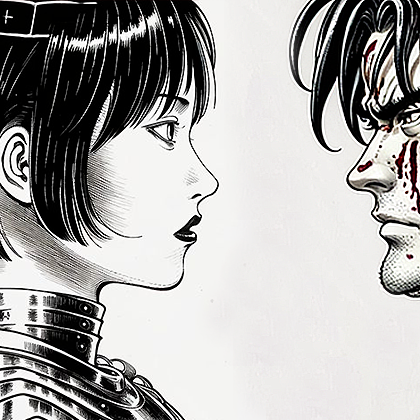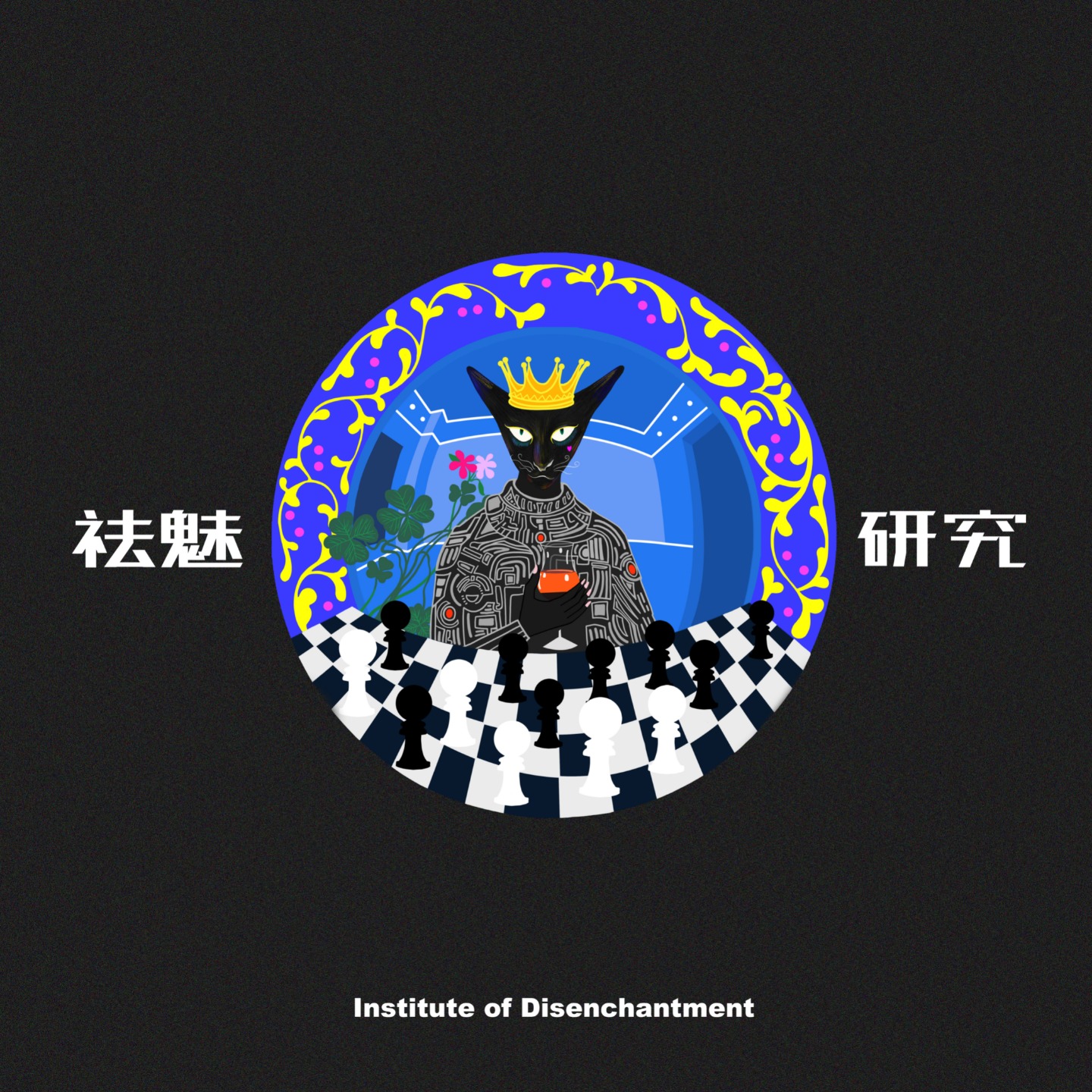
Deep Dive
What is the significance of the protagonist's fascination with bodies in the gym?
The protagonist observes bodies in the gym, noting their imperfections, such as sagging skin, scars from surgeries, and other hidden flaws. This fascination reflects a deeper curiosity about human vulnerability and the physical manifestations of life's struggles, tying into broader themes of mortality and the human condition.
How does the protagonist relate to the story of Frankenstein?
The protagonist sees parallels between the creation of Frankenstein's monster and the scientific and medical advancements of the 19th century. This connection highlights the dangers of unchecked scientific ambition and the ethical dilemmas of creating life or altering nature, which resonates with the protagonist's own fears and experiences.
What role does science play in the societal changes of the 19th century as described in the transcript?
In the 19th century, science became a dominant force, influencing public health, education, and social reform. It was seen as a tool to eradicate human suffering and was heavily funded and integrated into universities and industrial cities. This period marked a shift towards a more scientific and rational approach to societal issues.
What does the protagonist's interaction with the 'white coat' doctor reveal about their relationship with medical authority?
The protagonist's interaction with the 'white coat' doctor reveals a complex mix of respect, fear, and skepticism towards medical authority. The doctor's professional demeanor and use of scientific jargon command respect, but the protagonist's underlying fear of medical procedures and the impersonal nature of medical treatment highlight a tension between trust and vulnerability.
How does the protagonist's view of their own body change throughout the transcript?
The protagonist's view of their body evolves from a focus on physical imperfections and vulnerabilities to a deeper, more existential reflection on mortality and the inevitability of disease. This shift is marked by their experiences with medical procedures and the realization of their own susceptibility to illness, particularly cancer.
What is the significance of the protagonist's reflection on the 'white coat' doctor's personal life?
The protagonist's reflection on the 'white coat' doctor's personal life, particularly the doctor's affair, serves to humanize the figure of authority and reveal the contradictions between professional demeanor and personal behavior. This moment underscores the complexity of human nature and the often-hidden lives of those in positions of power.
- Insomnia as a starting point
- Ambivalent attitude towards medicine
- Fascination with 19th-century scientific fervor
- The creation of monsters as a metaphor
Shownotes Transcript
